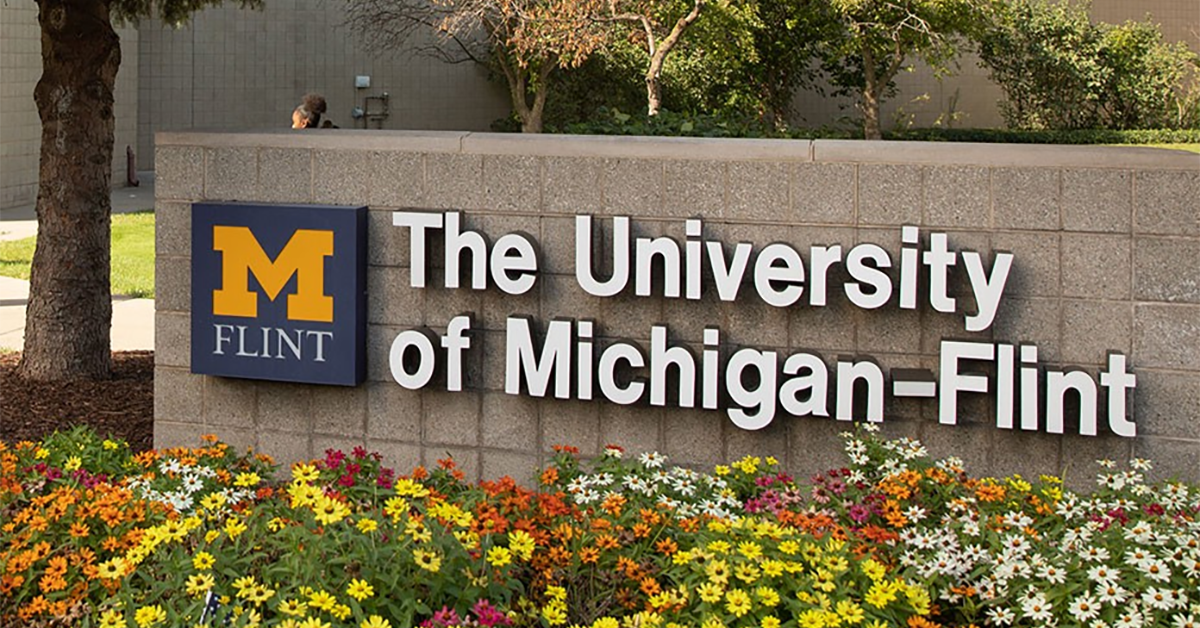Flint's University of Michigan Offers New Cannabis Education Course

In a significant move toward addressing the growing interest in cannabis and its multifaceted history, The University of Michigan-Flint has announced a new course offering this fall titled "The History and Culture of Cannabis." This pioneering class marks the institution's first foray into academic studies based on the marijuana plant.
As various states across the U.S. shift toward the legalization and decriminalization of cannabis, the demand for informed research and knowledge about the plant has skyrocketed. The course aims to provide students with a comprehensive overview of cannabis's historical significance, its present-day uses and implications, and potential future developments.
Content and Curriculum
Though detailed curriculum specifics have yet to be unveiled, the course promises to dive deep into topics such as the ancient usage of cannabis in various cultures, its economic and sociopolitical influences, the changing landscape of laws and regulations, and the evolving perceptions and stigma surrounding its consumption.
The class also expects to address the burgeoning cannabis industry, its role in the modern economy, and the potential ecological, medicinal, and social impacts of widespread cannabis cultivation and consumption.
Following the Trend
The University of Michigan-Flint's new offering is not an isolated instance. Over the past few years, several higher education institutions in the United States have incorporated cannabis-focused courses into their curriculum.
For instance, the University of California, Davis began offering "Physiology of Cannabis" in 2017, aimed at shedding light on the biological and physiological aspects of cannabis. Similarly, Northern Michigan University offers a Medicinal Plant Chemistry program, focusing on the burgeoning field of medicinal plant production and analysis – a significant portion of which pertains to cannabis.
Outside the realm of biology and chemistry, institutions such as Harvard Law School have even started to tackle the subject, with courses focused on the legal ramifications, policies, and business of marijuana.
Why the Focus on Cannabis Education Now?
The changing legal landscape has undeniably played a pivotal role in the inclusion of cannabis in academic settings. Over 20 states, along with the District of Columbia, have legalized recreational marijuana use for adults, while over 35 states have medicinal marijuana programs. This shift has opened up a myriad of opportunities and challenges that necessitate research, informed policy-making, and public education.
Furthermore, with the global cannabis market value expected to grow exponentially in the coming years, it's imperative for the next generation of leaders, policymakers, and professionals to have a holistic understanding of the plant, its potential, and its pitfalls.
The Road Ahead
As the landscape surrounding cannabis continues to evolve, educational institutions are recognizing the value of equipping their students with knowledge about this influential plant. The University of Michigan-Flint's decision to offer "The History and Culture of Cannabis" is both timely and commendable, and it will be interesting to see how other universities nationwide respond to this emerging academic interest.
Only time will tell if cannabis education becomes as mainstream as other subjects, but for now, it's clear that there's a budding interest in understanding the intricacies of this ancient crop.
Share this article:
Spotted a typo, grammatical error, or a factual inaccuracy? Let us know - we're committed to correcting errors swiftly and accurately!








 Helpful Links
Helpful Links